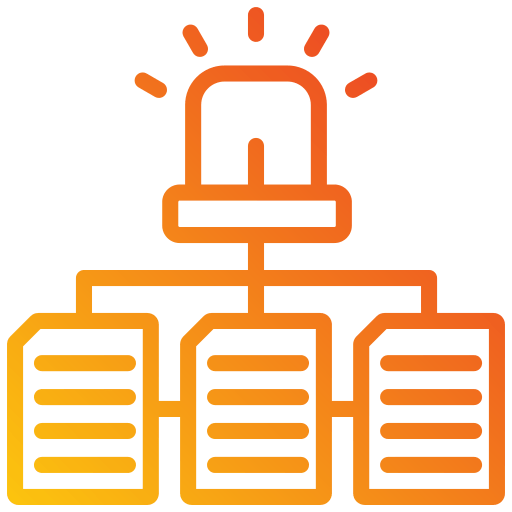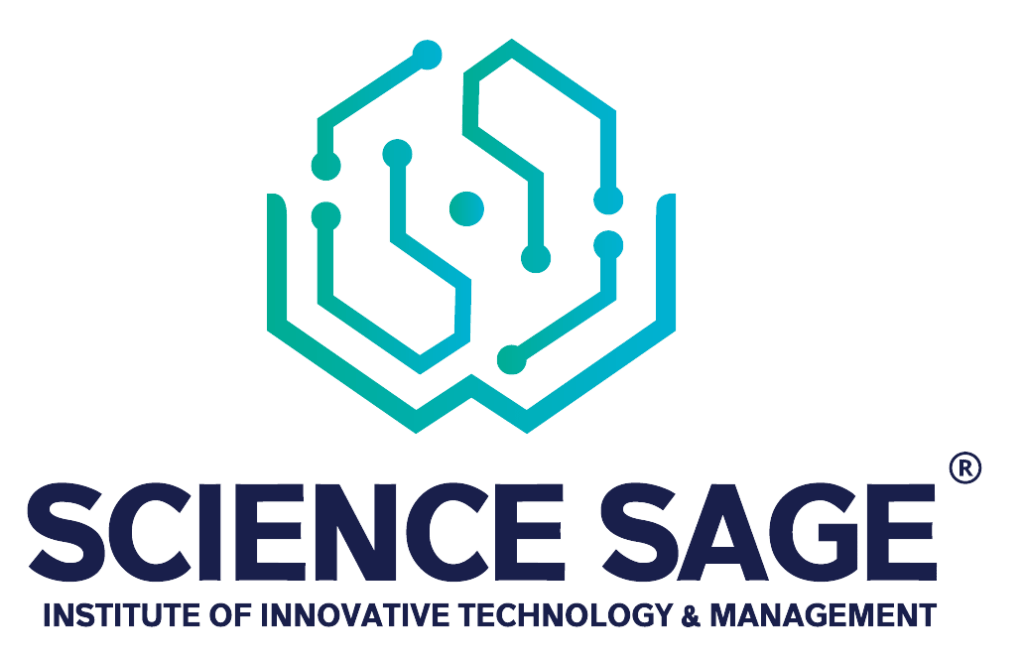- Prerequisites
- Higher Secondary Passed
- Course Duration
- 2 Years
The Advanced Diploma in Software Engineering with Big Data Analytics is an intensive program designed to equip students with advanced skills and knowledge in software engineering principles and techniques, focusing specifically on big data analytics. This diploma program typically covers a wide range of topics related to software development, database management, data analysis, data mining, machine learning, and distributed computing technologies for handling large-scale datasets. Below is a detailed description of the program:

Course Overview
- Duration: The Advanced Diploma in Software Engineering with Big Data Analytics program typically spans one to two years, depending on the curriculum and institution offering the program.
- Curriculum: The curriculum integrates advanced topics in software engineering with specialized coursework in big data analytics. Students gain expertise in software development methodologies, programming languages, database systems, data modeling, data analysis techniques, machine learning algorithms, and distributed computing frameworks for big data processing. Courses may include software design and architecture, programming languages (e.g., Java, Python), database management systems (e.g., SQL, NoSQL), data warehousing, data mining, data visualization, statistical analysis, machine learning, cloud computing, and big data technologies (e.g., Hadoop, Spark).
- Practical Training: Hands-on training is a fundamental aspect of the program, allowing students to apply theoretical knowledge to real-world scenarios. Practical exercises, coding projects, data analysis tasks, software development projects, and real-world case studies may be included to provide students with hands-on experience in designing, implementing, and deploying software solutions for big data analytics.
- Industry Collaboration: Many diploma programs collaborate with industry partners, technology companies, data analytics firms, and research institutions to provide students with exposure to real-world projects, datasets, and industry practices. Guest lectures, workshops, hackathons, and industry projects may be integrated into the curriculum to facilitate industry-relevant learning experiences and networking opportunities.
- Capstone Project: Students may be required to complete a capstone project or thesis, where they work on a substantial software engineering or big data analytics project under the guidance of faculty mentors. The capstone project allows students to demonstrate their skills, creativity, and problem-solving abilities in addressing real-world challenges in big data analytics.

Course Structure
- Core Subjects:
– Software Engineering Principles
– Object-Oriented Programming
– Data Structures and Algorithms
– Database Systems
– Operating Systems
– Big Data Fundamentals
– Data Analysis and Visualization
– Machine Learning for Big Data
– Distributed Computing
– Cloud Computing
– Scalable Software Systems
– Software Testing and Quality Assurance - Specialization Electives (Sample):
– Big Data Technologies (e.g., Hadoop, Spark, Kafka)
– Data Warehousing and ETL (Extract, Transform, Load) Processes
– Data Mining and Pattern Recognition
– Predictive Analytics and Forecasting
– Text Analytics and Natural Language Processing
– Social Network Analysis
– IoT (Internet of Things) Data Analytics
– Advanced Data Visualization Techniques - Practical Projects and Labs:
– Big Data Analytics Projects
– Data Analysis and Visualization Projects
– Machine Learning Model Development
– Distributed Computing Projects
– Software Development Projects with Big Data Integration
– Real-time Data Streaming and Processing - Internship or Industry Placement:
- Many diploma programs include an internship or industry placement component, where students have the opportunity to gain practical experience working on big data analytics projects, data engineering tasks, or software development projects in industry settings, such as tech companies, data analytics firms, research labs, or IT departments of organizations.

Key Skills Developed
- Advanced Software Engineering Skills: Mastery of software engineering principles, methodologies, and best practices for designing, developing, and maintaining complex software systems.
- Big Data Technologies: Proficiency in working with big data platforms and technologies, including Hadoop, Spark, and distributed computing frameworks for processing and analyzing large datasets.
- Data Analysis and Machine Learning: Expertise in data analysis techniques, statistical methods, and machine learning algorithms for extracting insights and patterns from data and developing predictive models.
- Data Visualization: Ability to create effective visualizations and dashboards that communicate complex data analysis results in a clear and compelling manner.
- Problem-Solving and Critical Thinking: Strong analytical and problem-solving skills to address challenges related to data analysis, software development, and system optimization.
- Communication and Collaboration: Effective communication skills to collaborate with cross-functional teams, present findings and recommendations, and translate technical concepts into understandable terms for non-technical stakeholders.
- Adaptability and Lifelong Learning: Readiness to adapt to evolving technologies and methodologies in software engineering and data analytics, and commitment to continuous learning and professional development.

Career Opportunities
- Big Data Engineer: Graduates of the diploma program can work as big data engineers, responsible for designing, implementing, and maintaining big data infrastructure, data pipelines, and distributed systems for processing, storing, and analyzing large-scale datasets.
- Data Scientist: Data scientists specialize in analyzing large datasets, deriving insights, and developing predictive models using statistical analysis, machine learning algorithms, and data visualization techniques to solve complex problems and inform decision-making in organizations.
- Machine Learning Engineer: Machine learning engineers focus on building and deploying machine learning models and systems for tasks such as predictive analytics, recommendation systems, anomaly detection, and pattern recognition using large-scale datasets.
- Data Analyst: Data analysts analyze data to identify trends, patterns, and insights, and generate reports, dashboards, and visualizations to communicate findings and support decision-making processes in organizations.
- Business Intelligence Analyst: Business intelligence analysts gather, analyze, and interpret data to provide actionable insights, strategic recommendations, and performance metrics to business stakeholders, helping organizations make data-driven decisions and achieve business objectives.
- Cloud Data Engineer: Cloud data engineers specialize in designing, implementing, and managing cloud-based data platforms, data lakes, and data warehouses for storing, processing, and analyzing big data in cloud environments.
The Advanced Diploma in Software Engineering with Big Data Analytics program prepares students for rewarding careers at the intersection of software engineering and data analytics, where they can leverage their skills to tackle complex challenges and drive innovation in various industries.
